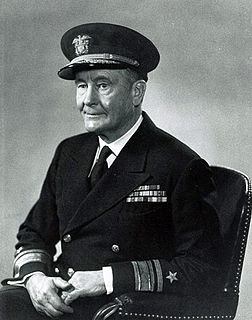A Quote by Thucydides
The growth of the power of Athens, and the alarm which this inspired in Sparta, made war inevitable.
Related Quotes
When a rapidly rising power rivals an established ruling power, trouble ensues. In 11 of 15 cases in which this has occurred in the past 500 years, the result was war. The great Greek historian Thucydides identified these structural stresses as the primary cause of the war between Athens and Sparta in ancient Greece. In his oft-quoted insight, "It was the rise of Athens and the fear that this inspired in Sparta that made war inevitable."
I began to think of war, even so-called "good wars" like World War II, as corrupting everybody. Violence begetting violence. The good guys beginning to act like the bad guys. And when I studied the history of wars, it seemed to me that that was the case. Athens vs. Sparta in the Peloponnesian War. The Athenians presumably the democratic state. The Spartans the totalitarian state. But as the war went on, the Athenians began to act like the Spartans. They began committing atrocities and cruelties. So I saw this as a characteristic of war, even so-called "good wars."
Neocons do not feel that kind of alarm or anxiety about the growth of the state in the past century, seeing it as natural, indeed inevitable ... People have always preferred strong government to weak government, although they certainly have no liking for anything that smacks of overly intrusive government.
I can be inspired by anything. It can be from an artist, I love Georgia O'Keefe, de Kooning, Jackson Pollock, Lichtenstein, Koons- I love them all. I can be inspired by an artist, a dream, something that I pass by, I was even inspired by a commercial! A commercial of whale war- I was so sad that people were killing whales to extinction, so I made a painting of that. So I can really be inspired by a lot of things.
If one doubts whether Grecian valor and patriotism are not a fiction of the poets, he may go to Athens and see still upon the walls of the temple of Minerva the circular marks made by the shields taken from the enemy in the Persian war, which were suspended there. We have not far to seek for living and unquestionable evidence. The very dust takes shape and confirms some story which we had read.
But sea power has never led to despotism. The nations that have enjoyed sea power even for a brief period-Athens, Scandinavia, the Netherlands, England, the United States-are those that have preserved freedom for themselves and have given it to others. Of the despotism to which unrestrained military power leads we have plenty of examples from Alexander to Mao.





































